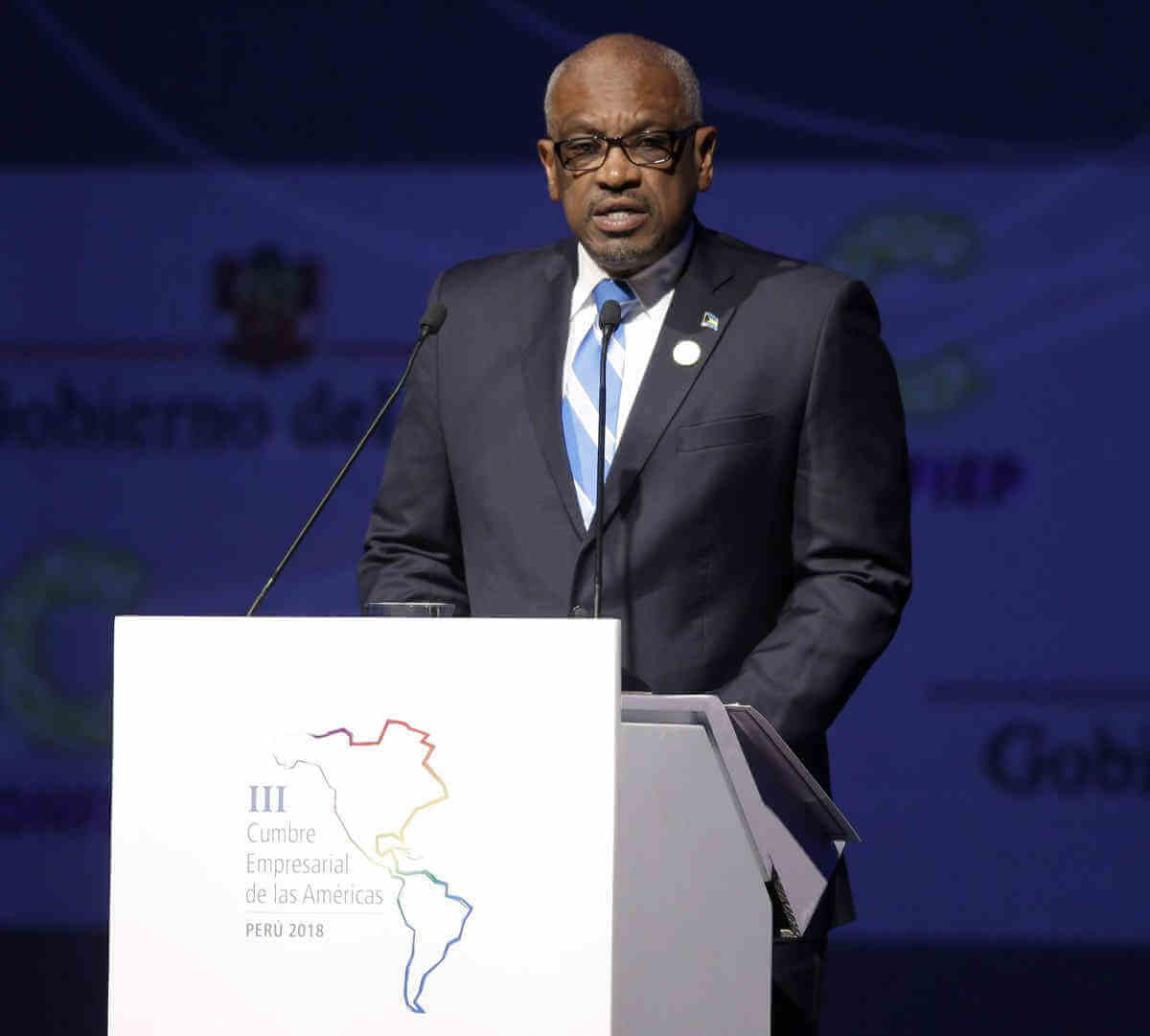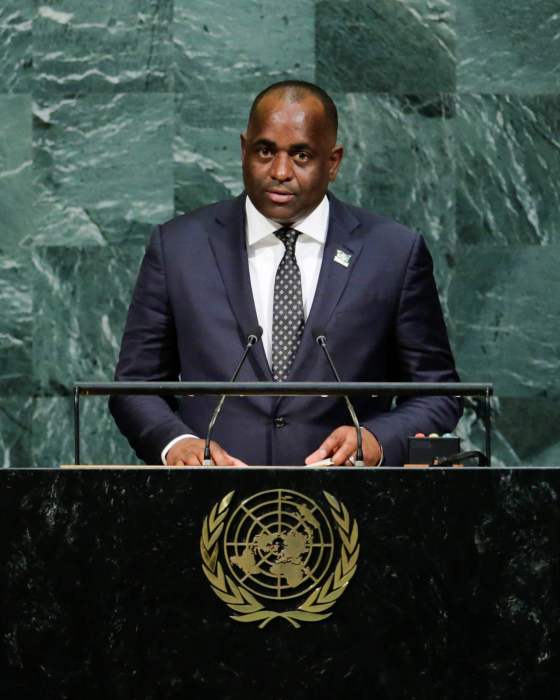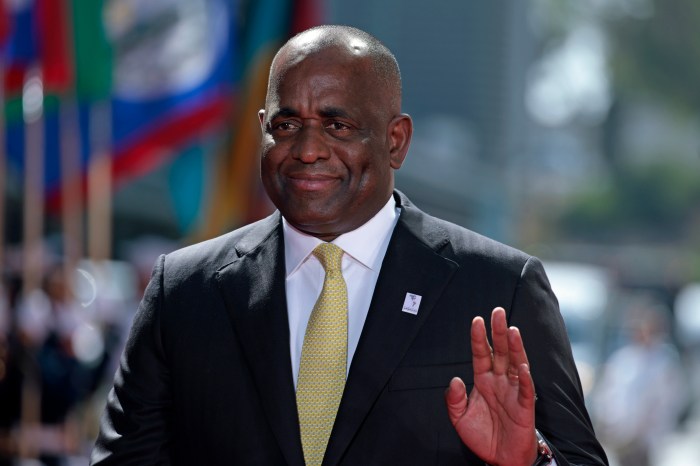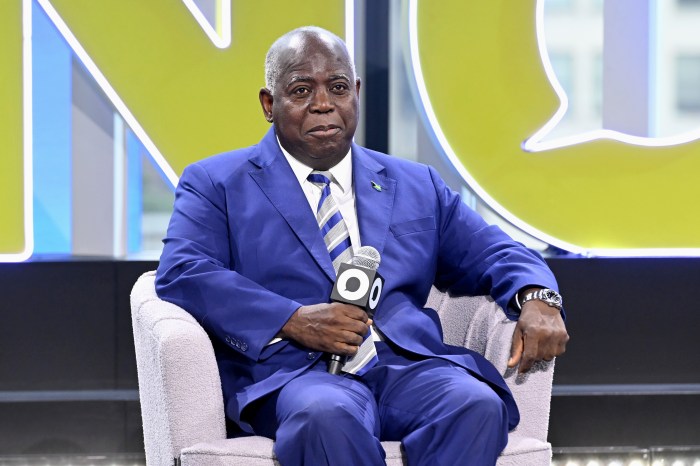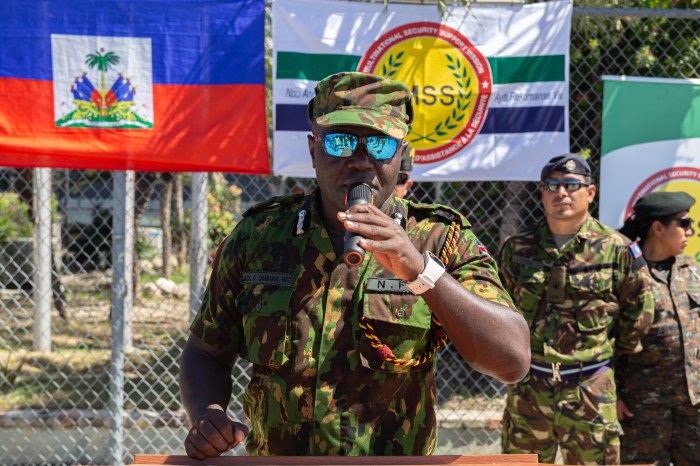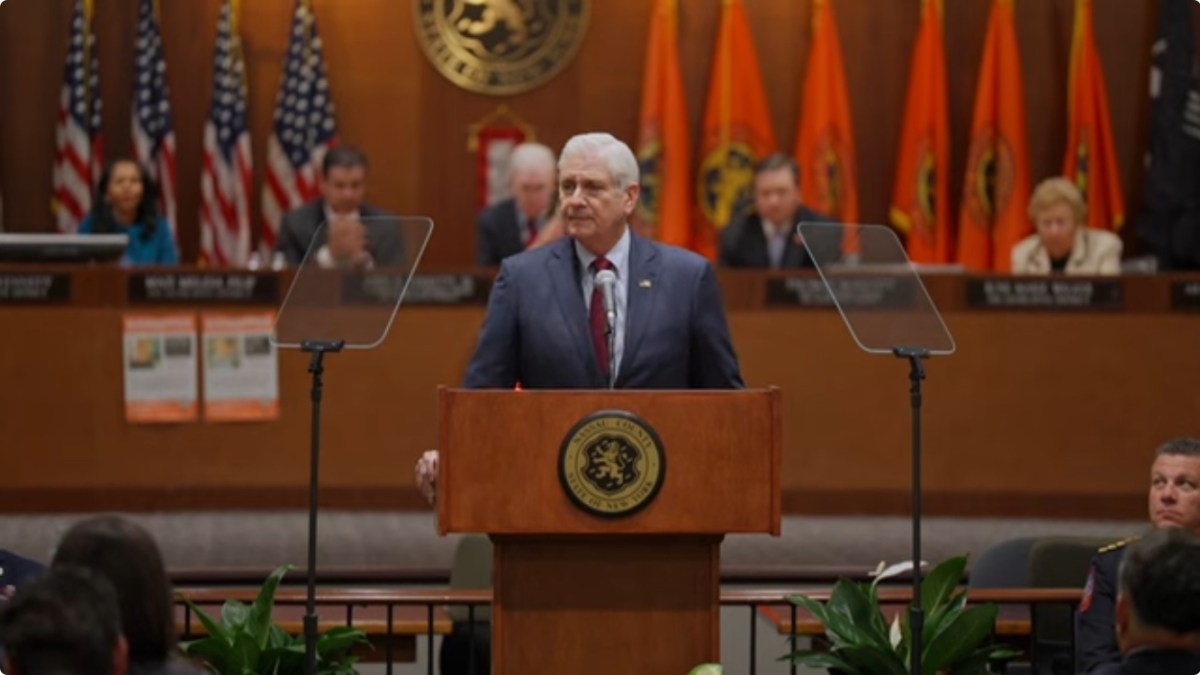Bahamas
The Bahamas government has signed an agreement with Disney Island Development Limited for a proposed cruise port and entertainment facility on the island of Eleuthera.
The agreement was announced by Prime Minister, Dr. Hubert Minnis who said the project will cost between US$250 million and $400 million.
A government statement said Disney has completed the acquisition of the property from the private seller and approximately 190 acres of the land were purchased, including the southernmost point of the property and will be conveyed to The Bahamas Government for conservation and a national park.
The value of the land donation was put at $6.2 million.
Core elements of the proposed project include low density development and sustainable design, public access and economic opportunities for The Bahamas.
Minnis made the announcement during a recent town hall meeting to update residents on the government’s mid-year budget statement and the 30th Inter-Sessional Caribbean meeting recently held in St. Kitts and Nevis.
Under the Heads of Agreement, Disney Cruise Line will ensure that 120 Bahamians will be employed directly during the construction of the project.
The prime minister said the development will provide a variety of entrepreneurial opportunities for residents of Eleuthera and The Bahamas in general.
Barbados
Barbados has recorded “solid” growth in the tourism industry in 2018, according to the Chief Executive Officer of the Barbados Tourism Marketing Inc., William Griffith.
He said the country enjoyed a 2.7 percent increase in stay-over arrivals last year, compared to the corresponding period in 2017.
In a statement Griffith said that during the course of 2018, the Grantley Adams International Airport welcomed 681,397 visitor arrivals -17,686 more than in 2017.
At the Bridgetown Port, he said the island’s cruise tourism was “significantly impacted’ by the effects of vessel redeployment following hurricanes in 2017.
Griffith said this was due to the fact that Puerto Rico, the primary home port for the US-based sailings to the southern Caribbean, was severely affected.
“We have once again proven Barbados’s value as shown by the record number of arrivals at both the air and sea ports throughout 2018,” he said in the statement.
The Tourism Marketing official said that out of the five markets the United States registered the strongest growth with 8. 4 percent, producing 204,830 visitors to the island compared to 189,022 arrivals in 2017.
Griffith said other Caribbean islands followed contributing 4.6 percent growth of business with 77,149 arrivals for the year.
There were also visitors from Canada and the United Kingdom.
Caribbean
The Caribbean Community (CARICOM) is developing a Regional Gender Equality Strategy to accelerate the effective implementation of key priority actions that the 15-member counties have signed onto, following the Beijing Platform for Action Conference.
In a message marking International Women’s Day, the Guyana-based CARICOM Secretariat said the strategy would assist those countries which have yet to fully implement the Beijing declaration that includes women’s economic empowerment and freedom from violence.
The CARICOM Secretariat said International Women’s Day provides an opportunity to reflect on gender equality and the advancement of women towards “Balance For Better” was this year’s theme and call to action for accelerating gender equality suggests.”
The statement said gender balance is essential for economics to thrive and it is a balance that creates stronger families and communities, better working environments and stronger nations.
The secretariat noted that next year will be a banner year to mark several important milestones, including the 25th anniversary of the Adoption of the Beijing Declaration and Platform for Action.
Haiti
An international Monetary Fund (IMF) delegation recently ended a two-week visit to Haiti, the troubled impoverished Caribbean country.
The IMF discussed support for measures to ease poverty, encourage good governance, raise growth and stabilize the country’s economic situation through and extended fund facility.
Head of the delegation, Chris Walker, said the Haitian government and the Central Bank of Haiti have reached an IMF staff-level management agreement on a concessional zero percent, three-year loan of US$ 229 million for Haiti.
He said the agreement will have to be approved by the IMF’s executive board, which is expected to consider Haiti’s request in the coming weeks.
Walker said the agreement was aimed at helping Haiti overcome its current fragile state, and alleviating the hardship of the most vulnerable.
He also said that priority had also been given to the fight against corruption and improvements in governance.
St. Lucia
Corporal punishment will soon come to an end in schools in St. Lucia, according to the Ministry of Education, Innovation, Gender Relations and Sustainable Development.
It said corporal punishment will be suspended later this year before eventually being abolished a year later.
The Education Ministry said the move is in keeping with the many international conventions to which the island is signatory.
Corporal punishment is to be suspended from May, 1 this year and eventually come to an end by May 2020.
Chief Education Officer, Ruffina Charles said that while the Education Act has no stated policy for the abolition of corporal punishment, it contained structures in the act that stipulated how corporal punishment should be administered.
Charles said, however, that the department must ensure that mandates stipulated in the conventions, including protection of children are achieved.
St. Kitts
The St. Kitts and Nevis government has signed a Sector Budget Support Program with the European Union (EU) for US$5.6 million aimed at supporting the twin-island federation in advancing towards energy self-sufficiency from local renewable energy source.
The government said the overall objective of the program is to develop a sustainable energy sector through the increased integration of renewable energy technologies in public facilities.
The EU said in a statement that the three-year program will also support the government in its attempt to build resilience within the energy and water sectors, to ensure that the population has access to the basic needs of water and electricity when the country is severely impacted by exogenous shocks such as hurricanes.
The EU said the need for this program became even more apparent following the passage of Hurricanes Irma and Maria in September 2017 as St. Kitts and Nevis, a small island developing state continues to grapple with the effects of climate change.
Trinidad
The United States government has made available US$1.6 million (TT$10.8million) to Trinidad and Tobago to help Venezuelans fleeing their homeland.
Despite pulling out all its diplomats from Venezuela amid the police unrest in that country, the United States government says it is still committed to assist the people of Venezuela.
Representatives of the government met with US Agency for International Development (USAID) officials, along with officials from the US Embassy in Port of Spain, Trinidad and other stakeholders recently to discuss how the US can assist in managing the impact of the political and humanitarian crisis in Venezuela. The funds were given by USAID.
The US government has recognized the country’s opposition leader, Juan Guaido, as the country’s self-declared interim president. More than 50 other countries have recognized Guaido as the country’s president.
The US announced last week that all its diplomats in Venezuela have left the country.
American Airlines suspended all flights to and from Venezuela and President Nicholas Maduro has refused all aid from the US for Venezuelan citizens.
— Compiled by Azad Ali


